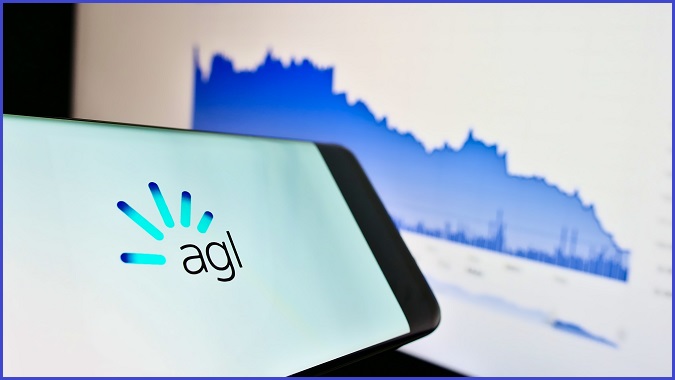A consortium of investors led by Atlassian CEO Mike Cannon-Brookes is putting aside plans to buy electricity company AGL Energy and turn it into a renewable energy provider after AGL’s board knocked back a second sweetened takeover bid on the weekend.
The previous $8 billion bid to buy AGL and turn the company into a fully-renewable energy provider by 2023 saw the consortium made up of Grok Ventures – an investment firm run by Cannon-Brookes and his wife Annie – and Canadian investors Brookfield offer to buy 100 per cent of AGL’s shares at a price of $7.50 each.
In a tweet on Sunday night, complete with a looping gif of actor David Tennant looking sad and standing in the rain, Cannon-Brookes announced that the consortium would no longer pursue a deal with AGL shareholders after the board rejected its second offer.
“The Brookfield-Grok consortium looking to take private and transform AGL is putting our pens down – with great sadness,” he said.
“This weekend, the board rejected our raised offer of $8.25 [per share]. 46 per cent more than the price of $5.55 about 90 days ago.”
Cannon-Brookes claimed the plans to turn AGL, which operates coal and gas-fired power stations around the country, would have been “the world’s biggest decarbonisation project”.
The Brookfield-Grok consortium looking to take private & transform AGL is putting our pens down - with great sadness.
— Mike Cannon-Brookes 👨🏼💻🧢🇦🇺 (@mcannonbrookes) March 6, 2022
This weekend, the board rejected our raised offer of $8.25. 46% more than the price of $5.55 about 90 days ago 🧵 (1/3) pic.twitter.com/c5KYwGozDo
In its response to the latest takeover bid, posted to the ASX on Monday morning, AGL Energy Chairman Peter Botten said Cannon-Brooke’s offer “continues to ignore the opportunity” provided by its plans to demerge into two separate companies: a retail provider called AGL Australia and an electricity generator called Accel Energy.
“The proposed demerger will be a catalyst for the potential realisation of shareholder value,” Botten said.
“It will create two industry leading companies with distinct value propositions. It will allow each business to be valued separately and more positively by the market on the basis of their own specific business fundamentals.”
The vote to demerge is scheduled to take place in mid-June and, should it be successful, would see shareholders receive one share in Accel Energy for each AGL Energy share they own while retaining existing AGL Energy shares under the new name, AGL Australia.
Under its current plans, Accel Energy would close all its coal assets by 2045 – 15 years later than Brookfield-Grok’s proposed target of 2030.
Cannon-Brookes has called the demerger “a terrible outcome for shareholders, taxpayers, customers, Australia and the planet we all share”.
The attempted AGL buyout was an eye-catching demonstration of the potential financial power Cannon-Brookes wields through wealth generated by the technology business he co-founded with Scott Farquhar.
An outspoken climate change activist, Cannon-Brookes has been critical of what he sees as the Australian government’s slow approach to transitioning the energy sector away from fossil fuels.
He used the attempted AGL buyout as a way of showing an alternative path toward renewable energy and the value foreign investors see in transforming existing electricity infrastructure.
The Prime Minister – who famously brandished a lump of coal during Question Time – was displeased by Cannon-Brookes’ attempts to end AGL’s coal user sooner than planned, saying last month that coal plants needed to run out their lifespans otherwise “electricity prices go up”.
As noted by the Australian Financial Review, the government would have held veto power over the now-defunct idea through regulatory approval mechanisms.










